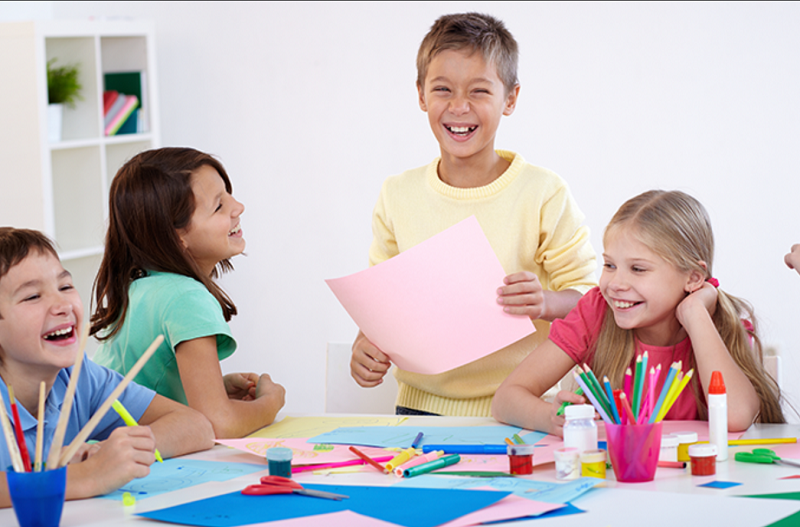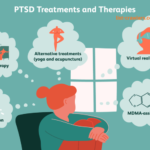Education is more than academics; it shapes how children connect, communicate, and collaborate. A good school builds knowledge along with essential life skills. These include teamwork, empathy, and resilience, which prepare children for the challenges of society.
Children thrive in environments where emotional growth is valued alongside academic progress. Schools like Saint Louis School that promote understanding and cooperation encourage students to appreciate diverse perspectives. This balance fosters strong personalities that can adapt and succeed in many aspects of life.
Creates Collaborative Learning Environments
Teamwork flourishes when students work together on meaningful tasks. Group activities encourage sharing of ideas, problem-solving, and collective responsibility. In a good school, children learn to listen, compromise, and contribute equally.
These experiences prepare them to become effective team players beyond the classroom. Collaborative projects also teach time management and organization, which are vital in professional and personal life. Working with diverse peers further exposes students to different perspectives, broadening their social understanding.
Encourages Emotional Awareness
Emotional intelligence begins with self-awareness. Schools that emphasize reflection teach children to recognize their own emotions. By understanding how feelings influence behavior, students can respond thoughtfully rather than react impulsively. This awareness strengthens their relationships with both peers and teachers.
Teaching Through Peer Interactions
- Classroom discussions allow children to practice respectful communication.
- Peer collaboration helps develop conflict resolution and leadership skills.
- Shared projects encourage trust and accountability among students.
- Interactive play fosters creativity while reinforcing social bonds.
These peer-based learning methods give children opportunities to apply emotional intelligence in real situations. The results are deeper connections and healthier group dynamics.
Builds Empathy in Classrooms
A good school like Saint Louis School nurtures empathy by encouraging students to imagine themselves in others’ situations. Literature, role-play, and service projects become tools for developing compassion. Children learn that kindness and respect make teamwork more effective. Empathy ensures that cooperation is grounded in mutual understanding rather than obligation.
The Role of Teachers in Development
Teachers act as role models in shaping teamwork and emotional intelligence. Their guidance shows children how to manage disagreements, express emotions constructively, and support classmates. Through structured activities, teachers create a safe environment where trust and openness thrive.
This mentorship lays a foundation for lifelong social and emotional growth. By modeling empathy and patience, teachers help children internalize positive behavior. They also provide feedback that strengthens communication skills and builds confidence in group settings.
Benefits of Teamwork and Emotional Growth
- Improves communication and collaboration across diverse groups
- Reduces conflicts by promoting problem-solving and empathy
- Enhances confidence in sharing ideas and accepting feedback
- Strengthens leadership potential and adaptability in new situations
- Builds resilience in handling academic and personal challenges
These benefits extend far beyond school, which prepares children to succeed in relationships, workplaces, and communities.
Preparing Children for the Future
In the present era, academic skills alone are not enough. Employers and communities value individuals who can cooperate, manage emotions, and lead with empathy. Good schooling equips children with these abilities early, which ensures they grow into balanced and capable adults. This preparation makes them assets in every environment they join.







